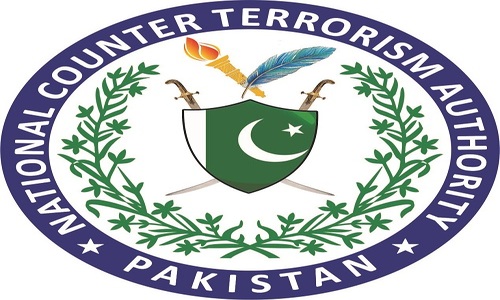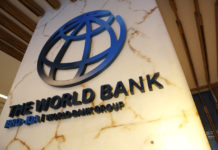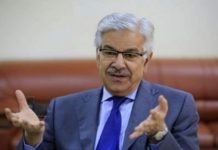By Muhammad Luqman
Pakistan’s interior ministry Saturday announced that it has placed 10 more organisations on the list of proscribed outfits.
According to a press release issued by the ministry, the action was taken in pursuance of the National Action Plan (NAP).
The newest additions to the list of banned outfits are Al Anfal Trust (Lahore), Idara-i-Khidmat Khalaq (Lahore), Al Dawatul Irshad (Lahore), Al Hamd Trust (Lahore and Faisalabad), Mosque and Welfare Trust (Lahore), Al Madinah Foundation (Lahore), Muaz bin Jabal Education Trust (Lahore), Al Eesar Foundation (Lahore), Al Rehmat Trust Organisation (Bahawalpur) and Al Furqan Trust (Karachi).
According to English newspaper, Daily Dawn, the entities were designated as proscribed organisations for their alleged affiliation with banned Jamatud Dawa (JuD), Falah-i-Insaniyat Foundation (FiF) and Jaish-e-Mohammad (JeM).
In March this year, law enforcement agencies had intensified its ongoing crackdown on JeM, JuD, FIF and other banned outfits, and had arrested more than 100 activists. Nearly 200 seminaries besides hundreds of other facilities and assets associated with them across the country were taken over by the government.
Most of the facilities were later handed over to the Auqaf departments , health and education authorities in the Punjab province. At many mosques, prayer leaders (Imams) were replaced.
The ongoing operation against the proscribed organisations would continue till “achievement of objectives” under the National Action Plan (NAP) of 2014, Minister of State for Interior Shehryar Afridi had declared in a tweet, adding that efforts were being made to accelerate progress on NAP.
The scope of NAP was extended a day after the ministry of interior had issued a formal notification to ban the JuD and the FIF as well while 44 activists of JeM and other outlawed groups, including JeM chief Masood Azhar’s son and brother, had already been taken into custody.
According to the ministry, Islamabad has also frozen the assets of dozens of banned groups and individuals across the country under a United Nations Security Council order.
In June last year, Pakistan was placed on a gray list of the Financial Action Task Force (FATF), a global money-laundering watchdog, for “strategic deficiencies” in its anti-money laundering and counter-terrorist financing frameworks”.
In March this year, the FATF was called on Islamabad to move quickly in implementing its action plan to address its strategic deficiencies until the end of May 2019.















